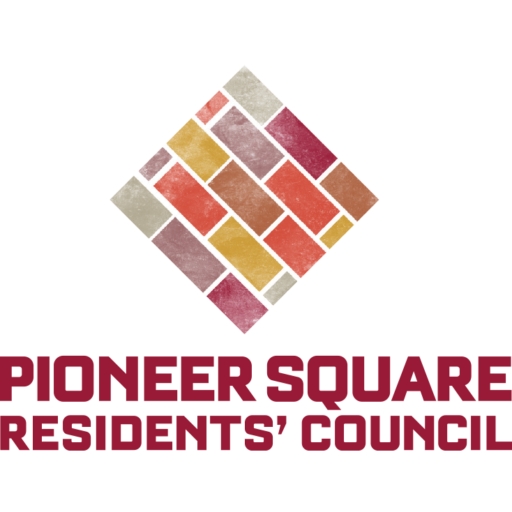19 Feb Why crack dealers still live with their moms (or are homeless in Pioneer Square)
I’ve just finished watching Steven Leavitt, the author of Freakonomics, present data at a 2007 TED conference on the finances of drug dealing. The title of his presentation is “Why do crack dealers still live with their moms?”
He worked with someone who had an inside track to not only the relationships between gang members, but also their financial records. The people on the street, aka the “foot soldiers,” made about $3.50/hr. In addition, being in this gang had an annual death rate of 7%. If you stayed in the gang for four years, you had over a 25% of being killed.
In comparison, he jokingly listed the annual death rate of inmates on death row, which is only 2%.
So, why would anyone stand on a street corner dealing drugs when they only make $3.50/hr and have a 25% chance of being killed?
- They were fooled by history. It used to be that being a member of a gang was a right of passage — the young people controlled the gangs and as they got older, they thought they would drop out of the gang. The young ones became very very wealthy and then assumed that the next generation would take over and get the wealth (just like the internet boom). But what actually happened is that they never passed on any of the wealth and the “foot solders” became stuck at the $3.50/hr.
- The gang leaders were very good at marketing and trickery. They drove fancy cars, and wore expensive jewelry. What the inside man found out was that they only rented those cars because they couldn’t afford to buy them, and they wore gold plated jewelry instead of actual gold jewelry. So they would trick the young ones to get them involved. For example, they would give a young 14 year old $100 and tell them they could make that selling drugs for them. It wasn’t his money, until he spent it, and then he would be indebted to the gang and become part of a dangerous statistic. (although to be fair, most of the drug dealers/users on our block are no spring chickens)
The last reason that he failed to mention is that often times, they become addicted themselves and keep selling the drugs to have enough money to take care of their own addiction. Down on our corner, that’s definitely the case — some of them are the drug leaders that I can tell don’t use, and the others are obviously using and just dealing “on the side.”
Levitt said that “selling drugs in a gang is possibly the worst job in America.” I think the second worst job just may be the cops that have to continually arrest them and see them out on the streets time and time again. I ran into a cop at the West Precinct the other day who said that he worked the “Pioneer Square beat” for about 7 years but became so burned out, he requested a different location.
So, what’s the solution — Do you take some people’s suggestion and add another day center for them to go to? I would counter that they wouldn’t go even if it were available. Many day centers are (supposed) to ban drug use and selling inside of the center, so why would they go there?
Levitt counters that under an economic principle of Game Theory — that every two person gang has a Nash equilibrium. Applying that principle to a gang member’s world, if you were to go shoot your gun in the air in another gang’s territory, everyone’s going to be too afraid to buy drugs there and they’re going to come to your neighborhood to buy.
One gang member responded that “If we start shooting around there [the other gang’s territory], nobody, and I mean you dig it, nobody gonna step on their turf. But we gotta be careful, ’cause they can shoot around here too and then we all f****d.”
Obviously the answer is not for me to go down on the street and start shooting a gun in the air, although I’ve been tempted at five in the morning when the pigeons are having a party on our deck. I know that change takes time, but sometimes I get impatient. I know that Pioneer Square has so much promise and I sincerely enjoy walking around my neighborhood.
For now, I’ll keep calling 911 every evening as I come home, and hold out hope that programs such as 1811 Eastlake will continue to receive funding and that people might learn something from Vancouver’s handling of drug addiction.
p.s. If you haven’t read the book Understanding Addiction, I highly recommend it. It definitely gives more insight to drug use/problems, and as he says “once you understand the what, you will figure out the why.”




Pingback:The New Pioneer Square- Why crack dealers still live with their … - Ring Gold
Posted at 03:45h, 20 February[…] Go here to read the rest: The New Pioneer Square- Why crack dealers still live with their … […]